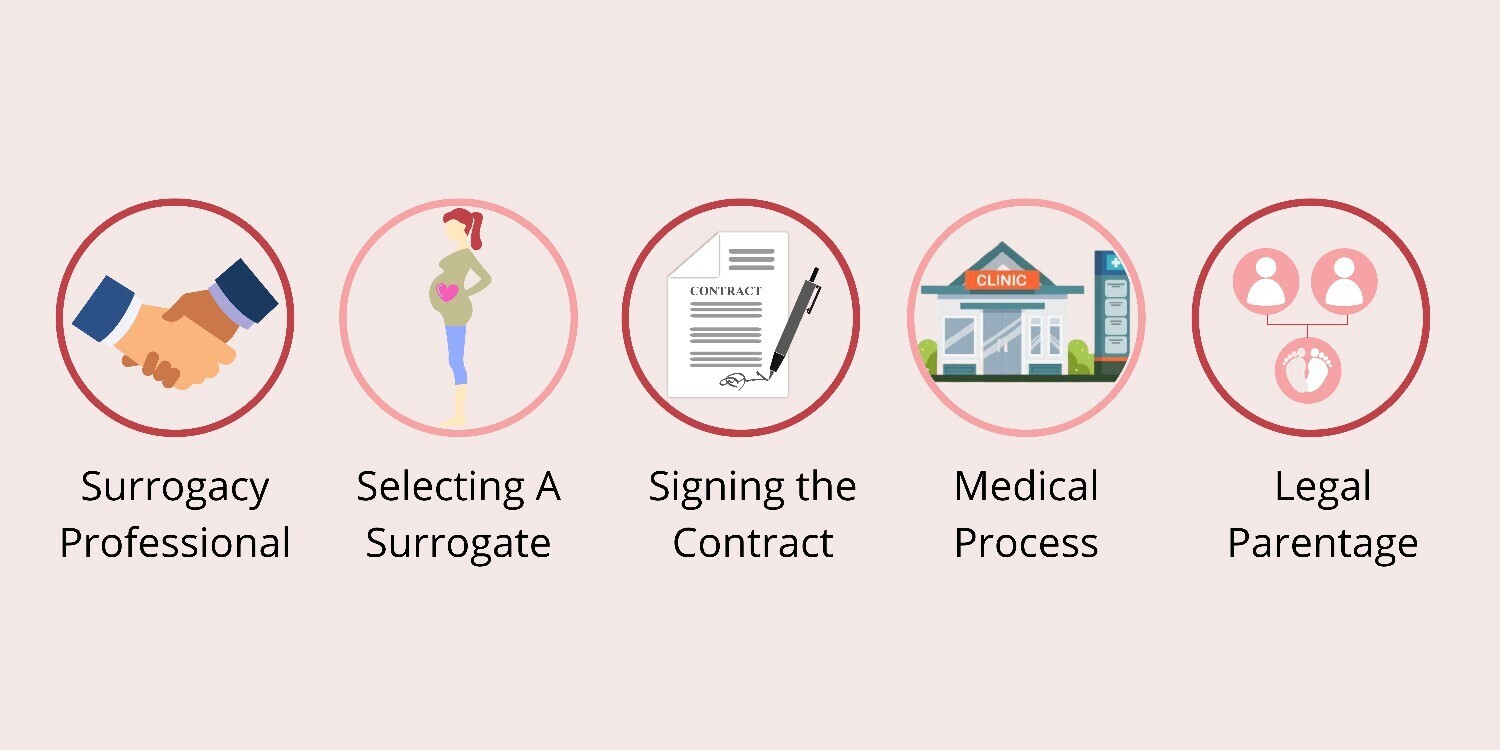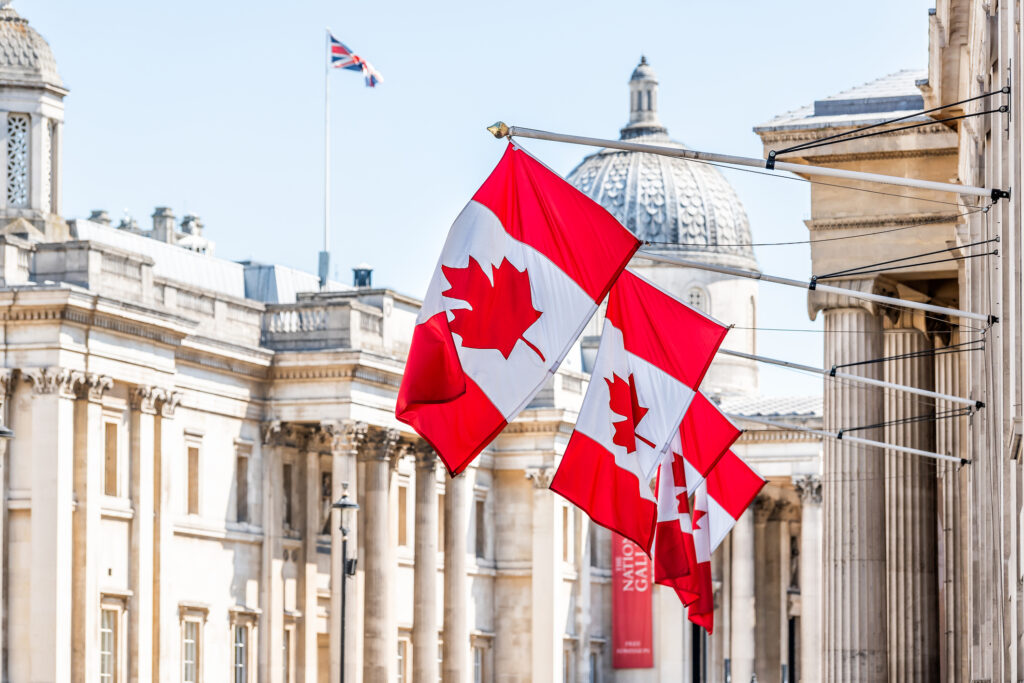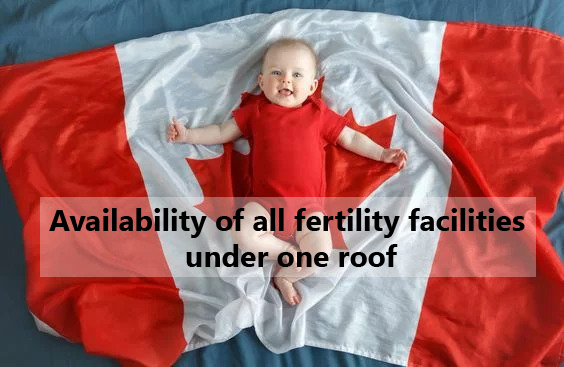Table of Content
Surrogacy in Canada
If we talk about surrogacy in Canada, it’s illegal to seek paid services from a surrogate mother or pay for human sperm and eggs. Moreover, only altruistic surrogacy is allowed in Canada, Surrogacy in Ontario and matching the surrogates with the parents along with co-related services is strictly prohibited.
Gay and LGBT couples, as well as heterosexual intended parents, are welcome to take part in surrogacy programs; single men and women are also accepted as intended parents; there are no rules for this. Also, the surrogacy agency in Canada is only allowed to provide paid assistance in regard to:
- Any type of recommendations in regard to services from lawyers, psychologists, fertility clinics, doctors, and hospitals
- Making a schedule in regard to all the above-mentioned services
- Providing further assistance in dealing with all types of queries from such people at every point through their journey
- Proper counseling and emotional support during the process by the surrogacy agency in Canada you choose
- Services in regard to the investigation of the surrogate’s background and lifestyle
- Providing assistance in regard to various forms to be filled during the medical processes
- Background checking of the related clinics and their reputation in regard to the provided services
- Providing recommendations in regard to the medical needs of the intended parents
- Assistance in regard to meetings with the medical expert
- Logistics support and managing all the travel arrangements
- Helping the clients in making various spreadsheets and preparing proper records to make sure only real expenses are claimed and are reimbursed
- Acting as a bridge between the surrogate and the intended parents for any type of communication
- Helping in preparations of birth plans
- Proper scheduling of DNA testing
- Helping the intended parents while referring them to required legal professionals for the declaration of parentage
- Keeping in touch with the surrogates or the gestational carriers post-pregnancy.
Surrogacy cost in Canada
In Canada, it is unlawful to pay for surrogacy, and the only way the procedure is tolerated is through altruistic surrogacy. This means that expenditures and fees can be reimbursed, but the surrogate mother cannot be compensated in any way. As a result, surrogacy costs in Canada will only include the use of an agency to assist in the search for a maternal surrogate and the payment of expenditures for the carrier’s and baby’s health and well-being.
When it comes to the cost of surrogacy in Canada, it can be a costly operation due to all of the restrictions and regulations for gestational surrogacy in Canada. When looking for the ideal surrogate program for you, you should think about other options. For single parents or gay couple surrogacy, other secure and affordable surrogacy in Ukraine, and Kenya can be explored. Kenya, for example, will provide you with the same personal freedom as an intended parent, but commercial surrogacy is permitted.
Benefits of Surrogacy in Canada
There are a number of benefits while seeking a surrogacy arrangement in Canada and cost is the biggest of them all there are many clinics that claim to be the best surrogacy agency. But as an ethical and legal surrogacy center in Canada, we provide you with solutions that are ethical and transparent way.
Whilst the surrogacy arrangement in the USA costs up to $120,000, the same can only be practiced in Canada for around $70, 000.
Moreover, the baby which gets born out of the surrogacy arrangement is eligible for Canadian citizenship. And the intended parents can soon fly back to their own country with the baby’s Canadian passport alongside. Canada also offers a national health care service, which covers all the charges in relation to the surrogate and the delivery process.
This can help both the intended parents and the surrogate mother big time in saving a lot of money for all those treatments during the pregnancy. However the same social security service doesn’t cover the child of foreign citizens, so every cost in relation to NICU care or an incubator (in case of premature delivery) comes as the sole responsibility of the intended parents.
Surrogate mother in Canada
If you are prepared to move forward and seek to be a surrogate mother in Canada, you must first satisfy the requirements in the same regard. There are exceptions, but generally speaking, intended parents, agencies, and surrogacy clinics search for the following qualities in a surrogate candidate.
- Permanent Resident and Canadian Citizen
- Between the age range of 21 to 49
- BMI of less than 35 (up to 40, depending on the surrogacy clinic in Canada, if no metabolic problems, such as diabetes, high blood pressure, etc., are present).
- Possess at least one prior pregnancy or birth (exceptions are sometimes made for candidates who have not had a child)
- No history of significant complications during pregnancy, delivery, or postpartum (some exceptions made).
- Doesn’t come with a history of early births (births before 34weeks gestation – unless the last birth was a full term)
- Sound mental, emotional, and physical wellness.
- No significant health problems.
- no significant criminal history (Must be prepared to provide a criminal history check.)
- Must be prepared to submit to psychological and medical testing, as well as to share their partner’s medical history
- Must not be planning to leave the nation after the 20th week of pregnancy and must live in a stable home.
- Married or in a committed relationship
- Have a solid network of support (Partner, friends, and family who support your decision to use a surrogate)
- None of the major mental illnesses, including clinical depression, have a history. (Exceptions may be provided for moderate postpartum depression, situational depression, anxiety, etc.)
- Positivity, consideration for others, compassion, and effective communication skills, and compassion are desirable traits.
- willing to get additional blood tests
- and is ready to take hormone injections administered subcutaneously or intramuscularly as well as oral IVF medications.
- being open to invasive medical treatments like amniocentesis, IVF transfers, endometrial biopsies, and sonohysterograms.
- able to travel to visits with lawyers, doctors, and ultrasound specialists.
- able to take time off from work and your family to undergo surrogacy (appointments, bedrest, birth, postpartum).
- Confidence in carrying out the terms of the surrogacy agreement by being completely certain that this is the best course of action for you and that you would have no problems giving up the child(ren) you have carried when they are born.
- No alcohol or drug misuse either now or for at least three years.
- Smoke-free or prepared to give up before and during pregnancy.
- Have not visited any ZIKA-affected regions in the last six weeks and will refrain from doing so throughout this process.
Gay Surrogacy in Canada
For LGBT-intended parents who want to have a biological relationship with their children, Gestational surrogacy in Canada is a popular choice. Using an egg donor, gestational carrier, and in vitro fertilization (IVF), conception is most frequently obtained with gay surrogacy in Canada, and the surrogacy procedure is essentially the same as it would be for any other intended parent. However, before starting the procedure, the following critical choices must be made by the intended parents:
Determine who will be genetically related to the born child: Contrary to heterosexual surrogacy, when the embryo is created using the genetic material of both parents, same-sex intended parents must choose whose sperm or egg will be utilized during Gay surrogacy in Canada. Some intended fathers decide to use both partners’ sperm to fertilize several eggs for implantation, allowing one or both of them to be the child’s biological father.
Selecting a known or anonymous donor: Most gay couples and individuals opt for a known donor while getting along with gay surrogacy. To offer both fathers a biological connection to the kid, intended parents may decide to combine one partner’s sperm with eggs from a close cousin of the other partner.
Is surrogacy legal in Canada?
Surrogacy is Legal in Canada, however commercial surrogacy is banned and you cannot pay the surrogate more than her expenses to carry the baby for the intended parents. The Assisted Human Reproduction Act forbids the provision or acceptance of payment to a woman for serving as a surrogate. Reimbursing a surrogate mother for reasonable costs she incurred as a result of the surrogacy, however, is lawful.
You can get help negotiating the complex Canadian fertility regulations from a surrogacy attorney. It is wise to get in touch with a fertility attorney early on in the process because the Assisted Human Reproduction Act not only regulates surrogacy but also how intended parents and surrogate mothers connect with one another.
A surrogacy agreement (often called a surrogacy contract) that outlines the legal responsibilities and rights of each party to the agreement must be drafted and negotiated once the intended parents and the surrogate mother have decided they want to collaborate on growing the intended parents’ family. Once a child is born through surrogacy, additional legal actions must be done in order to proclaim the intended parents as the child’s legal parents rather than the surrogate or her spouse or partner, if any.
Points to ponder about before pursuing surrogacy
There are certain Canadian provinces that permit altruistic surrogacy with surrogacy centers in Canada within their legal territories for foreign couples. However, there are certain surrogacy agencies in Canada that may not provide the required services and assistance. Hence, getting on board with your respective surrogacy agency is highly recommended. Moreover, the waiting time for the surrogate mother may go up to 6 to 12 months depending on the surrogacy agency you are dealing with.
The couples may require signing an agreement with the surrogate mother in Canada before carrying out the embryo transfer process. Ontario parentage legislation approves this agreement as evidence one shall file for the custody of the future child. The agreement would carry all the details and clauses that are a part of your surrogacy agreement with the service agency, including the birth registration details and parentage declaration.
What is the ‘All families are equal’ act?
The country has recently passed the ‘All families are equal’ act that further makes the acceptance of the legal status of parents in Ontario irrespective of their sexual orientation or gender identity.
The act has proved to be a lifesaver for most same-sex couples, who didn’t have the option of IVF for their specific surrogacy plan earlier. Moreover, there are some critical changes in the Ontario parentage laws starting from the 2nd of January 2017 after the passing of the ‘All Families are Equal’ Act. And if you are a gay couple and looking for gay surrogacy in Canada, according to the law, the gay couple requires an ovum donor and a surrogate mother to carry through the surrogacy.
Every province in Canada has its respective laws and guidelines regarding birth registration and parentage declaration about Canadian surrogacy. Still, British Columbia and Ontario is the best province that facilitates the surrogacy process better than others with any best surrogacy clinic in Canada. So, being an intended parent, you need to think about the place where the childbirth has to be done before the commencement of the surrogacy process.
So if you are a foreigner who is looking for surrogacy with a surrogate house in Canada with minimum cost, there are two main things that you need to think about beforehand – birth registration laws of the country in which the surrogacy program is planned and the parentage laws of couple’s own country.





